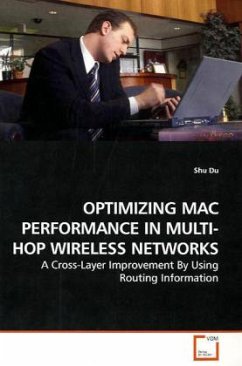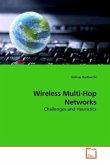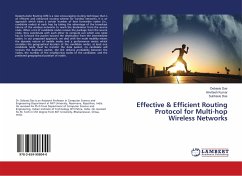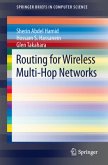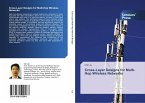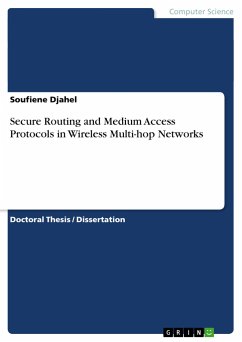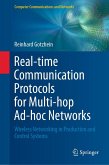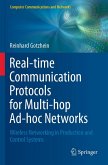As wireless communication technology becomes increasingly available, multi-hop wireless networks such as wireless sensor networks and mesh networks are receiving substantial attention. However, traditional contention-based wireless MAC protocols such as IEEE 802.11 DCF are designed for single-hop wireless networks and do not perform well in multi- hop scenarios due to inefficiency in their medium reservation mechanisms. In this thesis, a new general method is introduced to improve their efficiency in wireless medium reservation for multi- hop wireless networks. With the help of limited routing information at the MAC layer, this new mechanism, utilizing a new Pioneer (PION) scheduling frame, enables multiple stations along a delivery path to cooperate. In particular, the PION control frame can travel across multiple hops and make bandwidth reservations along the route for the upcoming data frame transmissions. This cooperation across multiple hops at the MAC layer can therefore greatly improve the bandwidth reservation efficiency. This thesis introduces the use of the PION mechanism and illustrates its use through application in two types of MAC protocols.
Bitte wählen Sie Ihr Anliegen aus.
Rechnungen
Retourenschein anfordern
Bestellstatus
Storno

